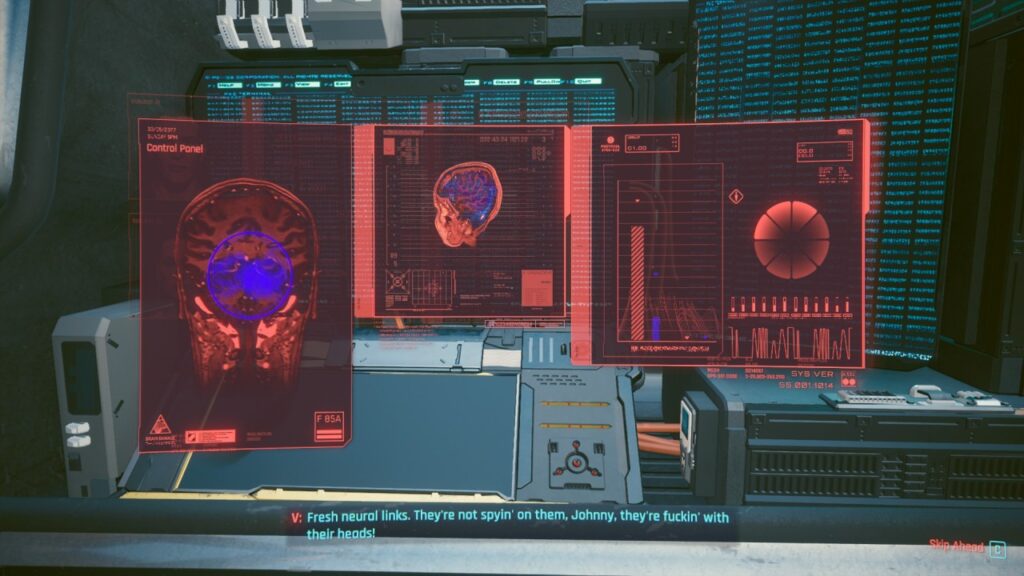After privating all of my posts here (I am never deleting anything, not completely, that is), I have chanced upon the capital C graphic design Community here on Tumblr, which I have instantly joined to built rapport and connection with other graphic designers and graphic design students here on Tumblr (at least with the ones who are also interested in building together and in public, lol).
You can find the community here: https://www.tumblr.com/communities/graphic-design
And since I have said before that I want to do weekly round‑ups to look at what I was doing the last seven days, this post doubles (or triples?) as that, as a fauxrst post (false first post, I like those), as well as creating something (a)new.
The last week I was building an’ changing a few things on my website, drawing inspiration from all sorts of people, all sorts of places, all sorts of nets.
I have added a couple of new pages to my WordPress‑based website, and moved around navigational links.
There is of course the page with the design links to websites and podcasts you can use in your RSS feed readers of choice, provided you do a little bit of digging (if you need some help with that, you can write me any way you like, and we’ll look into it together)
The new stuff I put in the footer, following inspiration from Scott Boms website.
I have a page for friends now (currently made up of my teachers, tutors, and professors, mostly), a page for what I am doing now, called Now (which is a really cool idea, and it fits neatly between the very thin substance of a status post, and a long form post like this one, both in size, as well as now‑ness; you can find out more about that here: https://nownownow.com/about)
But what I think is the most important addition to my website, is the page about tools, “Werkzeuge” in German.
Here I could finally dump all of my graphic design hacker tools, at least that is how I think of them.
My system consists of two pillars: new information, and how it is being stored. I believe that everyone rolls their own tools after a while. I would just love it if somebody would find some use for mine, if only to build something better from that.
The two RSS feeds linked to from the footer are neat: you have the usual feed for the whole site, but I also provided an RSS feed of my custom status updates, which you can see on Home.
These status updates are my own, most recent solution to my issues with posting, well, status updates on my socials:
you know, issues like
- am I posting the same status update to every net I have an account for,
- will I automate and schedule the same content everywhere and be a boring, cold machine, and
- do I want to burn myself out coming up thesaurus’d variants of the same post for every net?
So now there are two ways to check (three, really) in what mess I’ve gotten myself into recently: you can check my Now page, you can look at my Statuses, or you can check it out using your own, third way.
As for my study schedule, I am glad that summer is over, because I clearly cannot function during summer. I hope with cooler days ahead, I can keep a cooler head while practicing the art of not judging what I do or don’t do. I might have gotten my degree, but I want to learn so much more.
Started reading Creative Code by John Maeda and sort of forensically/archeologically recreating the years during which it was written and printed, because these past twenty years have basically muddied the tracks quite a bit, so to speak. It is a good read.
And I think I have covered the whole week now, broadly enough.
I need to figure out which hashtags should go with this post. I need to look at the top posts for each tag I think could fit, and then consider what being in the top means for each tag I am looking at.
Eh, let’s go through this together:
huge tags first (>1 million followers)
6.1M followers
1.3K recent posts
3M followers
1.3K recent posts
16M followers
962 recent posts
1.6M followers
157 recent posts
5.5M followers
3.5K recent posts
4.8M followers
662 recent posts
1.2M followers
448 recent posts
5.8M followers
this one doesn’t even show a recent posts count at all? But it feels extremely dead if you look at recent posts under that tag.
We’ll figure this out together. If it is graphic design, then I will tag it as such. If it is something else, then I will not tag it as graphic design. I think that this is a solid foundation towards connecting.
So, what is this post?
It is about my website, it is about studying, about me being a graphic designer, and about software I use. Also, it is about creative coding, generative art, a book, and that I use WordPress.
So I wonder which tags I will use? I prefer low counts when it comes to hashtags. Five sounds reasonable, nice for chunking, too,
So there. I might not be a student anymore, but that means that I have just proven to have the discipline to get my degree, so studyblr fits.
Hi everyone! Hello world.
Source: My after‑hours blog on Tumblr Code & Canvas




